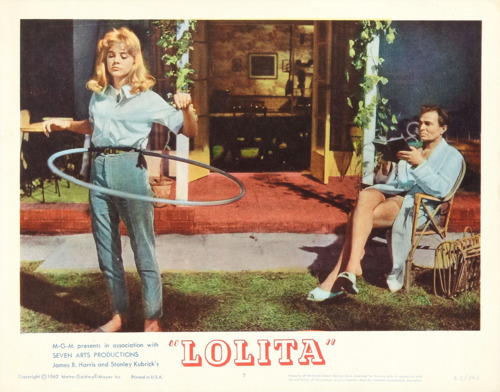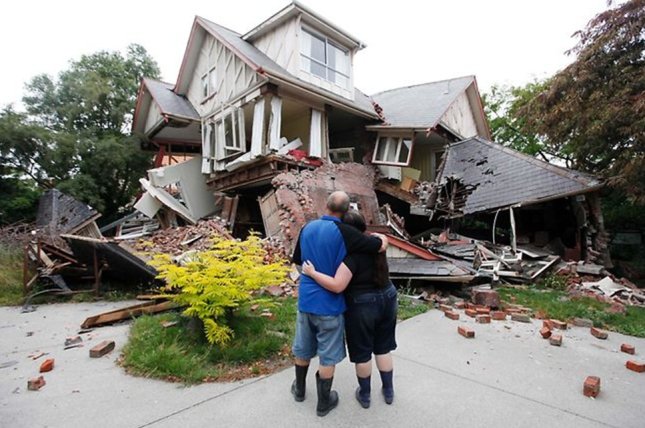Some reading on the film.
Lester Burnham, aged forty-two years, underage love fascination named Angela Hayes. Humbert Humber, estimated age forty-five years, underage love fixation named Dolores Haze. The two male figures named above are from American Beauty and Lolita respectively. They are both the main characters throughout their respective genre’s, and both project what they think is the apex of beauty, youth, and sexuality onto girls under the legal statute. While Humbert never quite gets over his fixation of this projected idea of “love”, Lester does.
The similarities between the film American Beauty and Lolita are numerous, from the names of the last names of the “nymphets”[1] to the broken marriages both lead characters suffer at some point or another. It would seem that one of the primary influences for American Beauty might have been Lolita, and thus makes for very interesting comparison between the evolution of love in both.
Read more here.









